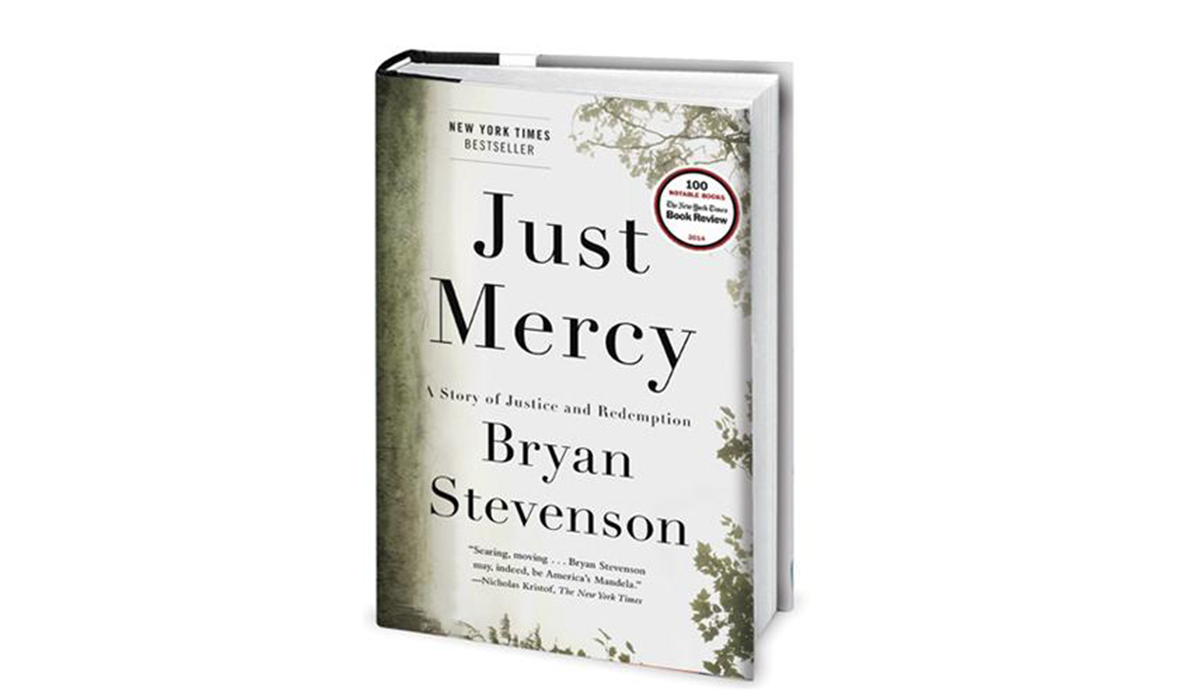Summer Reading: Just Mercy

For his second recommendation of essential summer reading, Dan spends this week’s episode diving into Just Mercy: A Story of Justice and Redemption by Bryan Stevenson, a lawyer and Executive Director of the Equal Justice Initiative whom Archbishop Desmond Tutu once called the Nelson Mandela of the United States. Just Mercy is a memoir of Stevenson’s work with individuals caught up in the criminal justice system, and a scathing indictment of that system itself and the deep harm it perpetrates, particularly against people of color.
Dan: “The book is a wildly well-written memoir of how he was invited to begin to engage the lives of particularly Black incarcerated men on death row. […] Indeed this book is an axe to the very cold parts of our soul. But frankly, I think it is far more: it is a warming of our hearts to the marvel of grace itself, of mercy itself.”
Dan mentions some of the staggering, heartbreaking statistics regarding mass incarceration, highlighting the new caste system that has been established to control and silence people who are viewed as “other” by those in power. Stevenson and the organization he is part of, the Equal Justice Initiative (EJI), have been working to tell the truth about these injustices and shed light on that which has been hidden in darkness. EJI recently opened the Legacy Museum: From Enslavement to Mass Incarceration and the National Memorial for Peace and Justice in Montgomery, Alabama, the nation’s first memorial “dedicated to the legacy of enslaved black people, people terrorized by lynching, African Americans humiliated by racial segregation and Jim Crow, and people of color burdened with contemporary presumptions of guilt and police violence.”
To not see the level of injustice is to close your eyes.
Dan invites us to reflect on a simple, heartbreaking question from the book: “Why do we want to kill all the broken people? What is wrong with us that we think a thing like that?” To begin to engage this question with curiosity and integrity, we must bring to it the honest insight with which Stevenson writes, “I do what I do because I’m broken, too. We are bodies of broken bones. I guess I’ve always known, but never fully considered, that being broken is what makes us human. […] If we acknowledged our brokenness, we could no longer take pride in mass incarceration, in executing people, in our deliberate indifference to the most vulnerable.”
Dan: “Mercy doesn’t explain the past, it doesn’t justify it. It doesn’t whitewash it and make it all better. But what it does is create a hunger not only for the coming day where all things are restored, but also creates a context for the consideration of what one life—one life—can bring to change the presence of harm in this world. Bryan Stevenson is a name you need to know. His work, his life, and certainly this book will change not merely your summer, but your life.”
